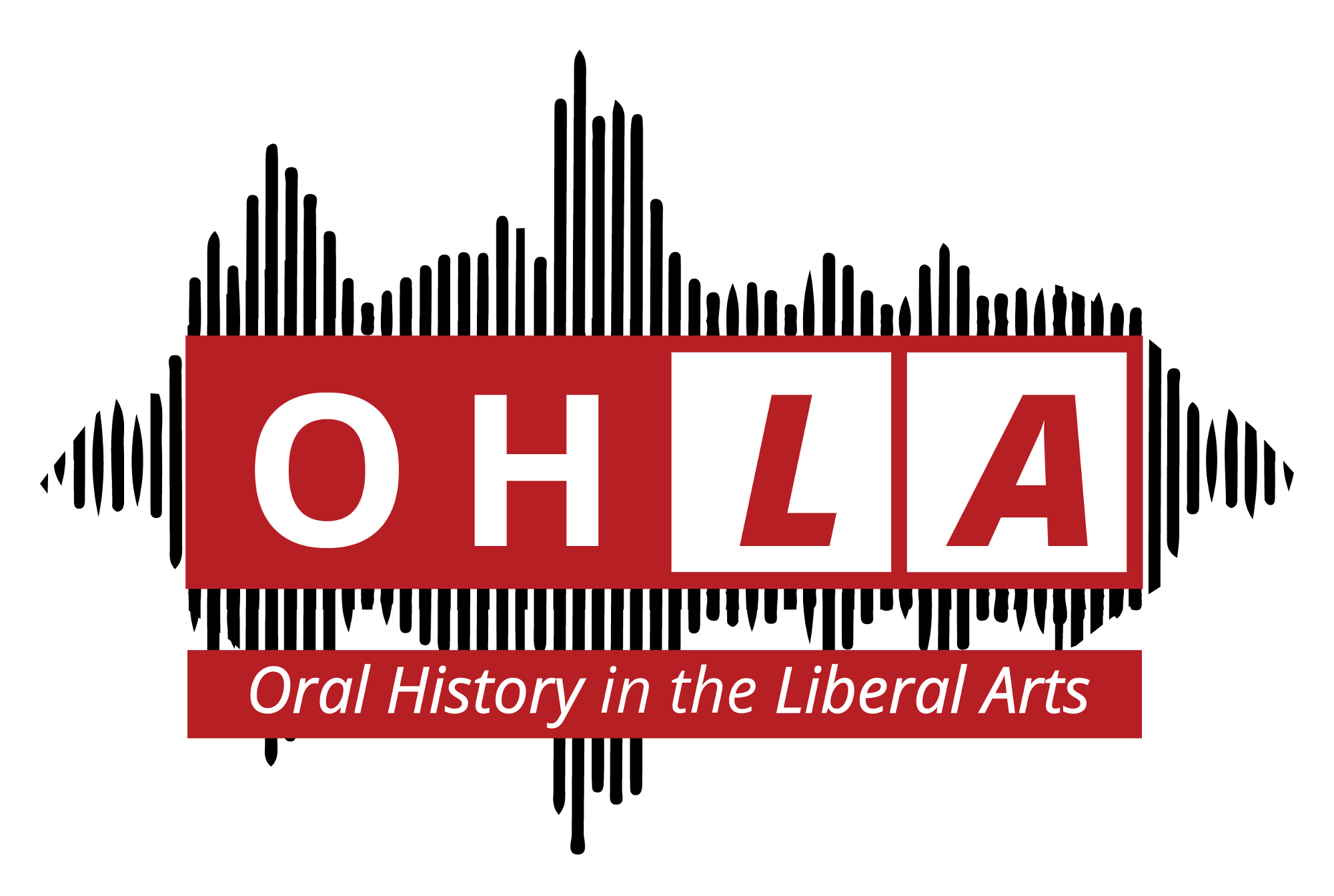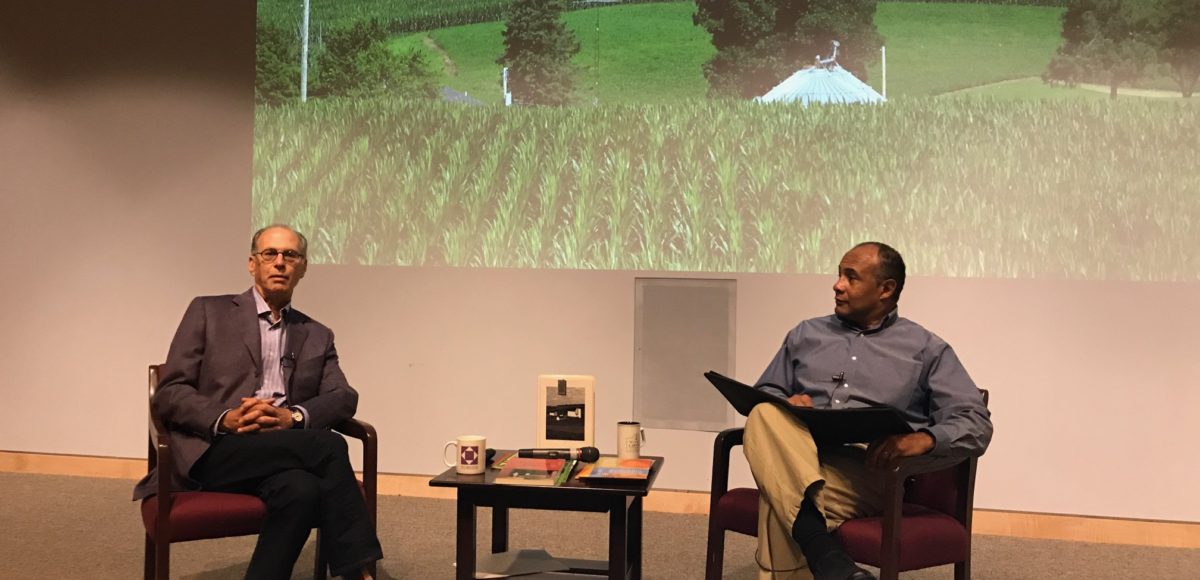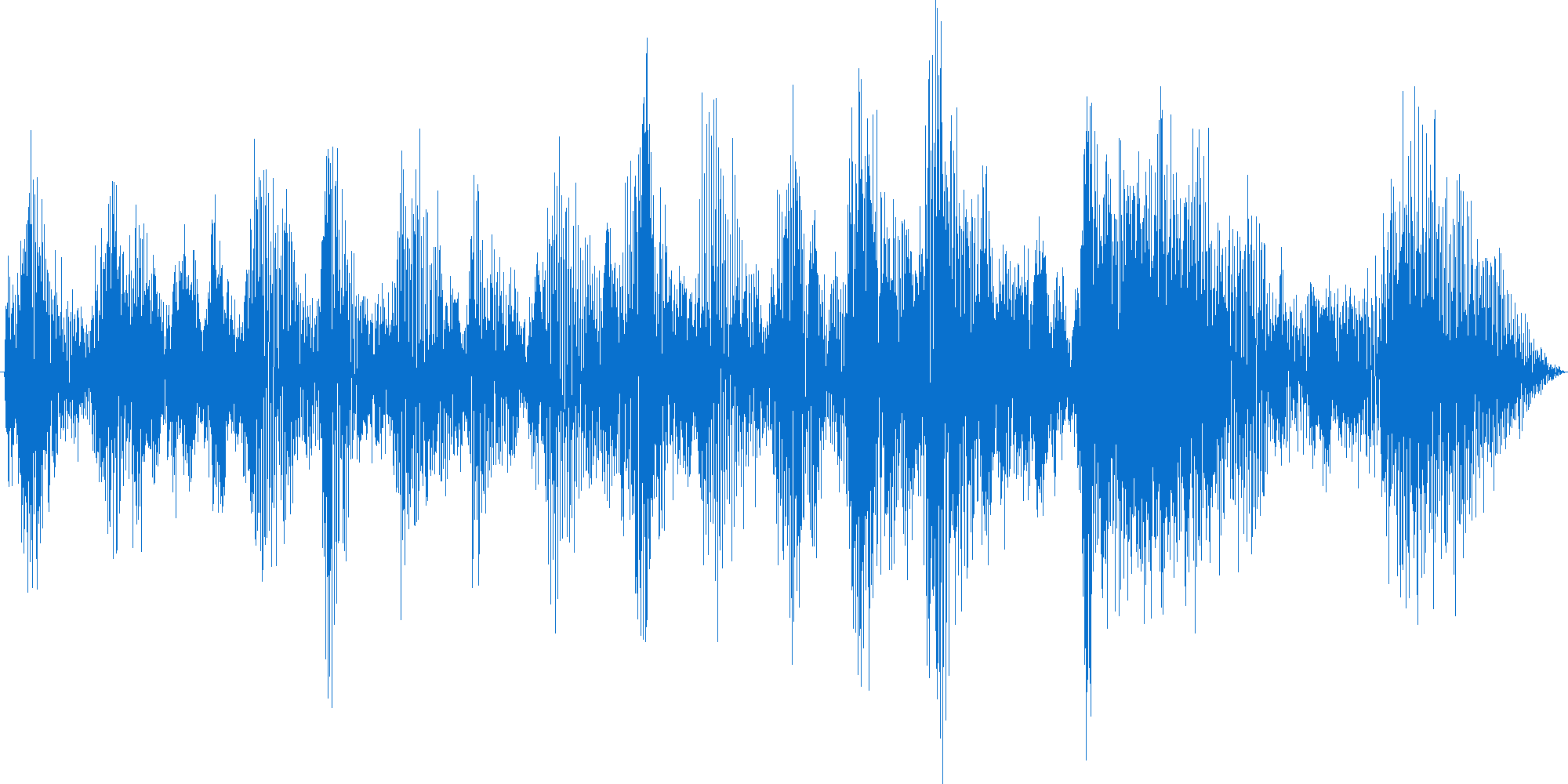The second cohort of the Oral History in the Liberal Arts initiative— faculty, digital librarians, instructional technologists, and undergraduate fellows— are gathered on the campus of Kenyon College for an intensive bootcamp exploring how to teach and learn through oral history and digital storytelling. Thanks to the generous support of the Andrew W. Mellon Foundation, these members of the OHLA collective enjoy microgrants and support for best practices and technological infrastructure as they build and implement their independent projects in the 2017-2018 academic year across Great Lakes Colleges Association institutions.
You can follow along with the OHLA Institute workshops through Twitter for snapshots of live content, with full-length case studies from first-year fellows and tutorials and resources from the workshops coming soon.
Thursday, July 6
Opening Lecture & Round Table: What is Community-Engaged Teaching & Learning? On Sustained Community Partnerships
9-10:30am: A Conversation with Howard Sacks— Passing It On: Reflections on 25 years of community-engaged teaching and learning, moderated by Ric Sheffield
Dr. Howard Sacks is Professor Emeritus of Sociology at Kenyon College, where he directed the Rural Life Center and served as senior advisor to the provost and president. Howard has received over 40 grants and fellowships for his scholarly research and award-winning public programs that support the vitality of rural life through deep engagement in the community. In this opening talk, Howard will reflect on the ways that oral history and public-facing projects challenge and change us as teachers and learners, and help to realize the greatest goals of the “good life” in liberal education.
11am: OHLA Round Table: OHLA first year participants on their work in the first year, revealing their most unexpected moments, the highlights of their students’ learning, and how the public-facing nature of this work has impacted their teaching and learning.
Emily Yochim, Allegheny College, Meadville Youth Media Project
Regina Martin, Denison University, Literature and Professional Life Archive
Noriko Sugimori, Kalamazoo College, War Memories
Ernest Cole, Hope College, Sierra Leone Amputee Project
Bruce Mills, Kalamazoo College, Engaging the Wisdom OHP
2-4:30pm: Digital Oral History: An Overview, Brooke Bryan
Brooke Bryan received the 2016 post-secondary teaching award from the Oral History Association for her work as instructor of cooperative education at Antioch College, where she stewards student fieldwork projects that employ oral history and tools from the digital humanities. This session is a fundamental introduction to doing oral history in the digital age, including an overview of ethics, pending IRB requirements, and best practices— emphasizing how the increased access afforded by curated, public-facing digital projects complicates informed consent.
6pm Dinner with OHLA.info: An Overview
A guided tour of the current projects, resources, and tools available to support your work. We’ll talk about tools we’ve experimented with and are able to support, and tools we hope you’ll experiment with. Have a favorite tool or workflow? Pitch it here!
Friday, July 7
9:15 am to 10am, Workshop: Project Planning (Ric & Brooke)
Ric Sheffield and Brooke Bryan, OHLA co-directors, will cover the basics you need to have in place to begin doing this work. We’ll cover project statements and release forms, how to approach your campuses’ Institutional Review Board in light of new regulations, outreach, identifying interviewees, and building community partnerships.
10:15-noon: The Art of the Interview (Brooke)
Brooke will discuss what she calls the Abbreviated life story model, emphasizing how undergraduates can be encouraged to structure the time space of the interview while focusing on engaged listening and asking great follow-up questions. We’ll leave ample room for discussion across the OHLA collective for how planning for interview-driven community engagement translates into syllabi, and how to stay nimble when things don’t go as originally planned.
1 to 2pm: After the Interview— Jenna Nolt
Jenna Nolt is the Digital Initiatives Librarian at Kenyon College where she oversees Kenyon’s digitization lab, collaborates with faculty on digital scholarship, and administrates Digital Kenyon (digital.kenyon.edu). She is also the Digital Architect for OHLA where she provides technical workflow design, support, and best practices. She created the OHLA toolkit “Archiving Oral Histories from Start to Finish”.
Jenna will give an overview of the technical workflow processes after you record your interview. She’ll cover managing digital files, from naming conventions, backup, and editing options, to the differences between access and preservation copies, and software options for access, streaming, and storage. She’ll talk about metadata – what to collect with the interview, types of metadata, descriptive metadata, and the organizational structure of your collection. She’ll also cover how to approach your librarians and IT staff for support and collaboration.
2:15pm to 4pm: Indexing for Access— Introducing OHMS (Doug Boyd/Digital Archive Coordinators)
Gain strategies for indexing your interviews for your own research or for building public facing projects that become open educational resources. Brooke will introduce a variety of tool options that are available, and then we will log in to index an interview in OHMS. This is a hands-on workshop with direct –over the shoulder support. If you do not have interview media to work with yet, we will provide a sample.
4 to 5pm: Introduction to OHLA’s Project Site (WordPress)
Brooke and the Digital Archive Coordinators will lead you through creating your author bio and team page, posting your project statement, and show you the process we’ll be using to publish your OHMS-indexed interviews to the public on your project page.
Saturday, July 8
9am to 11:30am: Oral History, Radio & Podcasting: Digital Storytelling from the Archive with Jocelyn Robinson, WYSO Rediscovered Radio
Jocelyn Robinson is the producer of Rediscovered Radio and an instructor who blends literature and media production with African American and gender studies into challenging educational experiences that are relevant to student’s daily lived experiences. Trained through the 2013 WYSO 91.3 FM Community Voices program, as the station’s first Archives Fellow she creates short documentary pieces using WYSO’s historical audio as source material. Awarded a 2014 PRNDI for Best Series— the same year she was recognized as an AIR New Voices Scholar— Jocelyn is engaged with emerging radio preservation efforts nationwide, and serves on the African American and Civil Rights Radio Caucus of the Radio Preservation Task Force under the Library of Congress Recorded Sound Preservation Board.
This session will cover working in the archives with found sound, adding contemporary voices to create trans-historical narratives, editing audio in workstations, writing for radio, and learning to narrate. We’ll cover how audio stories come to life, what tools are easily accessible for editing and publishing, and how you can publish a story— or series of stories— on the web with digital tools for podcasting.
1pm to 3:15pm: Group Workshopping & Tool Time
We’ll track points of interest and plan this open session accordingly— creating space to gather with your team o interest groups, work on syllabi and project statements, develop interview questions, or log in to your favorite tools and receive direct over-the-shoulder support for OHMS, WordPress. or Hindenburg. OHLA folks will be around the room to help, and break-out rooms (and a computer lab) are available nearby.
3:30-5pm: OHLA Project Team Presentations
Introducing the OHLA collective 2017 slate of projects! Project teams/individuals will give a 10-minute overview of their project idea and the workflow and methods they will implement, followed by open discussion in a roundtable format with collegial feedback.
Sunday, July 9
Pedagogy for Community-Based Learning Using Oral History & Digital Storytelling
9:15am to 11:30am: On Ways of Framing Experiential Learning– Dr. Lori Collins Hall
Dr. Lori Collins Hall is Provost and Vice President of Academic Affairs at Antioch College. As a scholar-practitioner, Teagle Assessment Scholar, and administrator responsible for faculty development and review, Lori will share pedagogical and scholarly frameworks that can be harnessed by faculty embarking on or engaged in emergent and dynamic scholarship in community-based learning, oral history and story-telling, or traditionally ethnographic work to best articulate the validity of these experiential and experimental forms of scholarly activity. How is sending students out of the classroom and into the community to conduct interview projects a key pedagogical strategy for liberal arts learning? How does the production of digital projects provide students with a twenty-first century skill set, while challenging some of our notions about what defines the nature of scholarship and our traditional conception of what comprises scholarly and peer-reviewed work? Framing the integration of theory and practice through paradigms such as Boyer, Scholarship of Teaching and Learning, and Undergraduate Student Research, this workshop will consider frames that express the validity and power of our scholarly work to a multitude of colleague and constituent bases, while sharing our work with colleagues amongst the OHLA collective.






